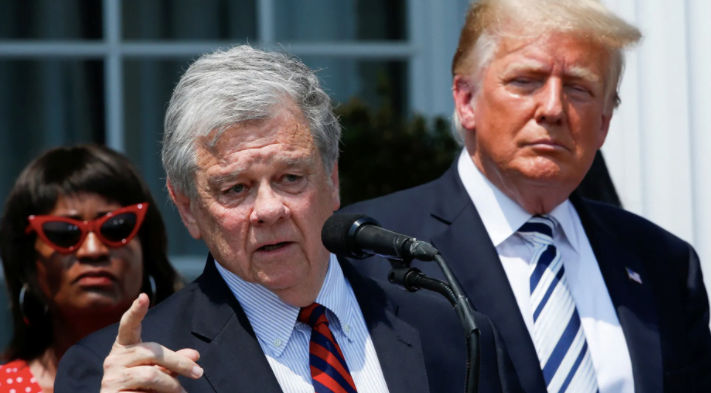The top lawyer representing former President Donald Trump in his lawsuit against Facebook, Twitter, and Google says the tech companies will be treated as “state actors” because they are acting in concert with the federal government. This means the companies will be held to legal standards normally reserved for governments, including prior restraint.
Trump filed a class-action lawsuit against Facebook, Twitter, and Google in July over the platforms’ censorship of conservative content (including himself).
Critics insist the tech companies cannot violate a person’s constitutional rights because the Constitution does not apply to private companies, but Trump says the sites are acting as “government subsidies” that have been “co-opted, coerced, and weaponized by government actors to become the enforcers of illegal, unconstitutional censorship.”
Speaking to Fox News this week, Trump lawyer John Coale agreed that social media companies are being utilized by the federal government to censor Americans.
“The basis for all of this case is that private companies cannot be empowered by the government via Congress, via [Section] 230,” says Coale. “The Biden Administration and members of Congress can’t delegate what they cannot do themselves…The issue will in the end be decided in the Supreme Court, it’s that important.”
There are three tests to determine if Facebook, Twitter, and Google are government actors, says Coale:
- Have government officials threatened these companies?
- Is the government encouraging unconstitutional censorship?
- Are the private companies doing the bidding of the government?
I think my readers know the answer to all three of these questions is a resounding “Yes.”
Included in Trump’s lawsuit is a motion for a preliminary injunction that would force Google to allow Trump back on YouTube. The motion sites several examples wherein lawmakers have pressured or encouraged the social media sites and highlights the companies’ inconsistent application of standards (i.e. censoring conservative content while allowing hate speech from Democrats).
Key examples include:
- House Speaker Nancy Pelosi asking why there aren’t “uprisings all over the country” regarding the treatment of children at the US-Mexico border.
- Then-Senator Kamala Harris (D-CA) saying that protests over police brutality “should not” let up.
——-
Facebook, Twitter, and Google banned Trump from their platforms in January following the incident at the US Capitol. Facebook says its ban will last for two years pending the former president’s behavior, while Twitter’s ban is permanent.
YouTube (owned by Google) says it will allow Trump back on the platform when it “determines the risk of real-world violence has decreased.”
As the lawsuit proceeds, Coale says he will file motions to allow Trump back on Facebook and Twitter. Any appeals will be sent to the 11th Circuit Court in Atlanta, GA.
Sources:
